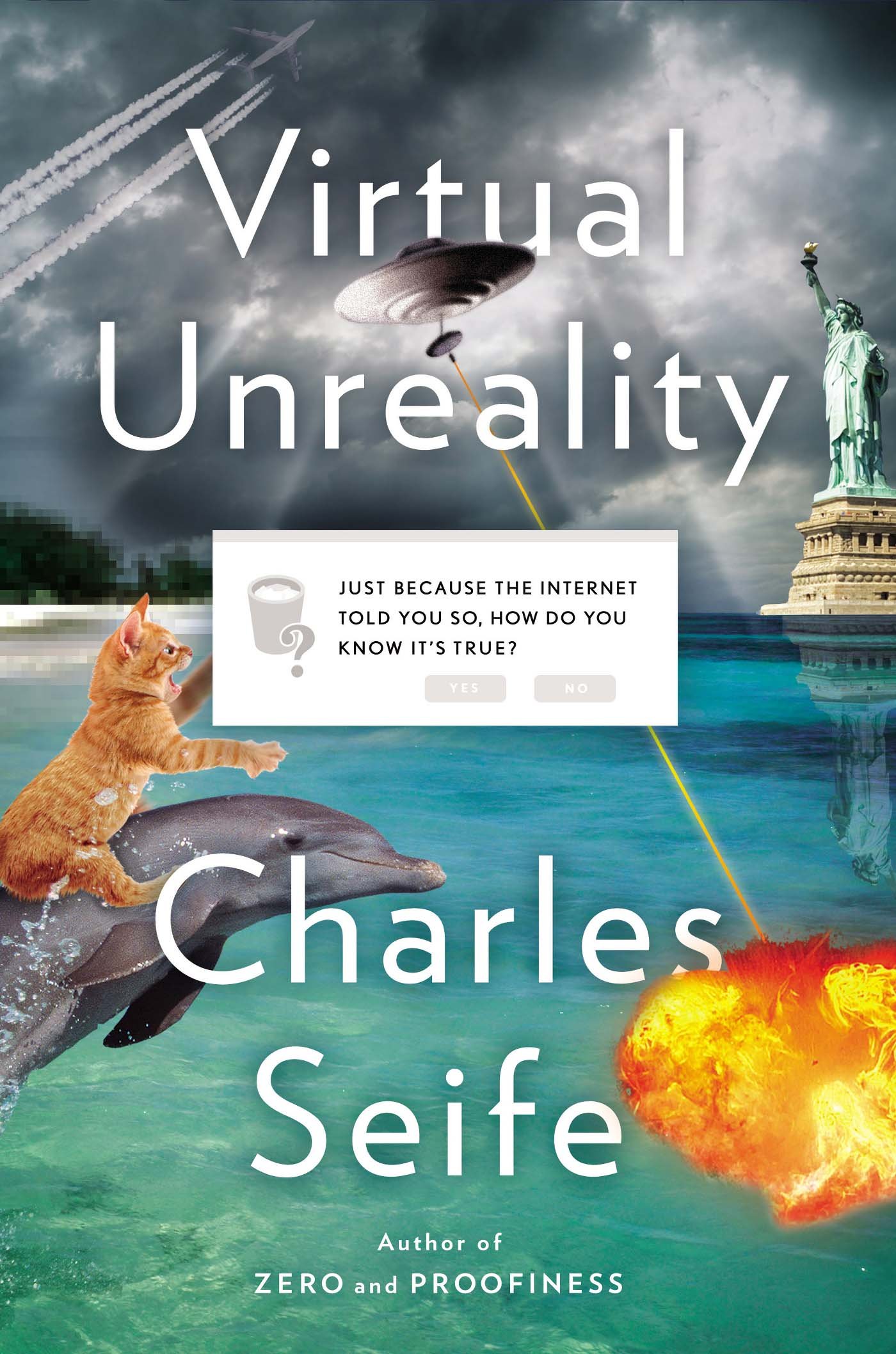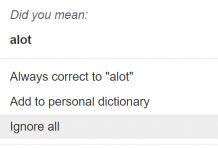This is a book non-review, because it’s in large part a review of a book cover. And I apologize unreservedly to any genuine worth in the contents that I may have traduced – but I won’t hold my breath. Because wouldn’t life be wonderful if every book cover in the world, physical or digital, told you unerringly that its contents were crap? Plus, if you’re going to try to stoke a moral panic, you’d better make sure you get it right from the off, or you’re likely to wind up looking virtually ridiculous.
I is a writer. I tries to be literate. And grammatic. And syntactical. So when I sees a sentence like “Just because the internet told you so, how do you know it’s true?” on a book cover, I knows that book have a problem. And so do the author, who presumably approved it. Beside the actually syntactic blooper, the blurb writers and designers couldn’t even copies the subtitle accurate. And the editors and marketing execs didn’t noticed.
Admittedly, this is a probably typonese translation of the subtitle of Virtual Unreality: Just Because the Internet Told You, How Do You Know It’s True? by Charles Seife. But I assume, drawing on my long and deep experience of the publishing industry, that there would have been book jacket design meetings, brainstormings, round-robins of emails with PDFs of the cover design, and every other kind of opportunity to pick up on that little betise. (If you don’t know the word, Google it – whatever Charles Seife says.) If that’s the level of care and attention that was paid to something as in-your-face and critical about this book, what does it tell you about the contents?
Then there’s the slight problem of Charles Seife’s Wikipedia entry. Now Wikipedia may have been caught out by intrusive hostile revisions in the past. But clearly something odd is going on when one’s Wikipedia bio kicks off by saying: “His first published book is Zero: The Biography of a Dangerous Idea and is his most well-known book. In one review of this book, someone claims that Seife has contradicting information within the book as well as information that belittles the subject of the book as a whole.” Now if that was incorrect and slanderous, why didn’t Seife or his publisher pick up on this and revise the entry prior to Virtual Unreality‘s appearance? And two of the longest paragraphs in one of the weirdest and most lopsided Wikipedia bios I’ve read in ages are all about Seife’s reviews of specific other books. At the very least, Seife and the Viking publicity department look careless as hell in going to press with the writer’s key bio in this state.
All this suspect bizarrerie didn’t stop the New York Times from running a big and overall positive review of Virtual Unreality, which it lauds as “a talisman we gullible can wield in the hope that we won’t get fooled again.” Oops. This shouldn’t come as a big surprise while the NYT remains about as neutral as Nazi Germany when it comes to Amazon and the internet in general. Or if the NYT chimes in with “one of Mr. Seife’s bedrock themes … the Internet’s dismissal, for good and ill, of the concept of authority.” After all, authority is the NYT‘s stock in trade and value proposition. A pity about their choice of authority figures. But then, if their own journalists and editors remain as careless and clueless about basic syntax and background checking as Mr. Seife’s publishers, wonder any is it?

































